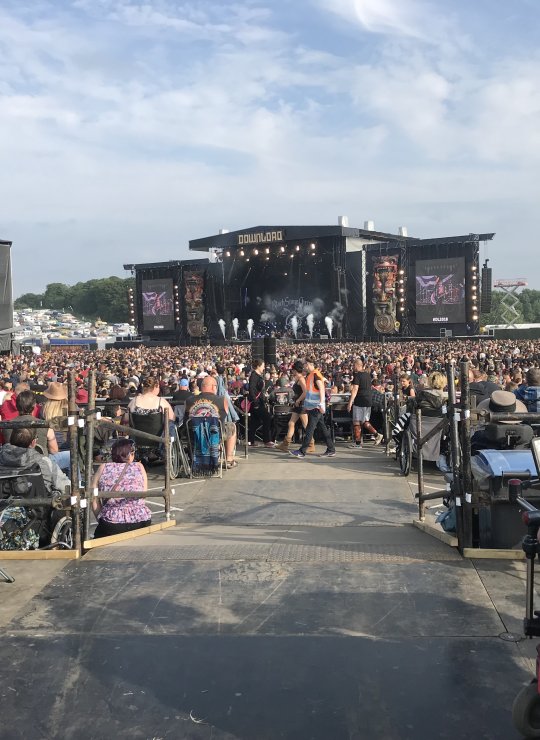
Attitude is Everything Disability Equality Training for Live Events
Help facilitate inclusive, high-quality customer service in this 2 week course
Key details
Location
Online
Course duration
2 weeks
Course overview
This in-depth two week online course is designed to equip you with the understanding and practical skills needed to meet Deaf and disabled customers’ access requirements at your events.
The course is accredited by Attitude is Everything, a charity with almost twenty years’ experience of working with audiences, artists and the music and events industries to make live events more accessible for Deaf and disabled people.
You will:
- Discover how getting disability access right can be good for business
- Explore examples of good and bad access provision
- Learn your responsibility under the 2010 Equality Act
- Explore how to make your events accessible
- Learn the importance of terminology and why you should include Deaf and disabled people in your events
Start date(s):
- Spring: 24 February – 7 March
- Summer: 30 June – 11 July
- Autumn: 27 October – 7 November